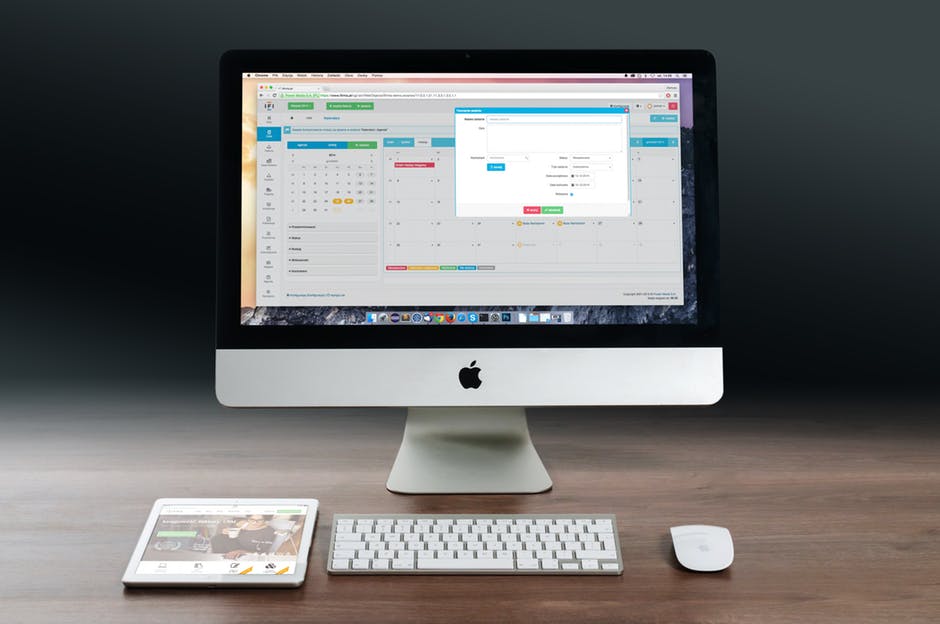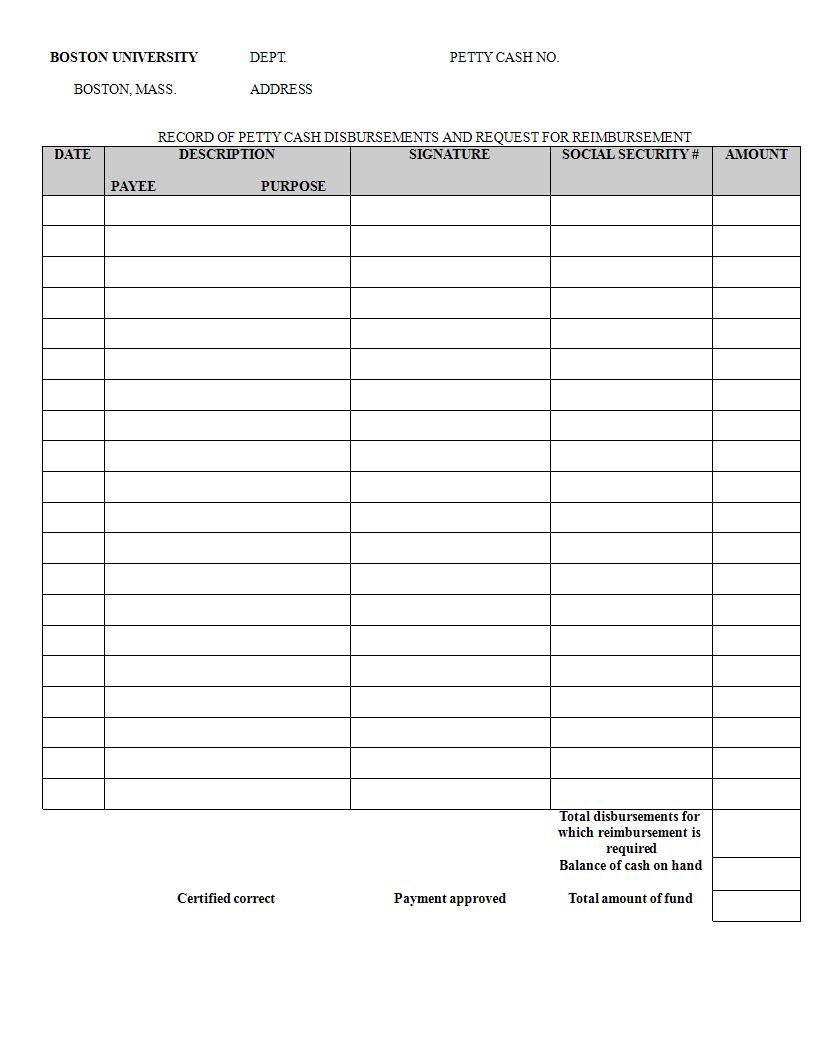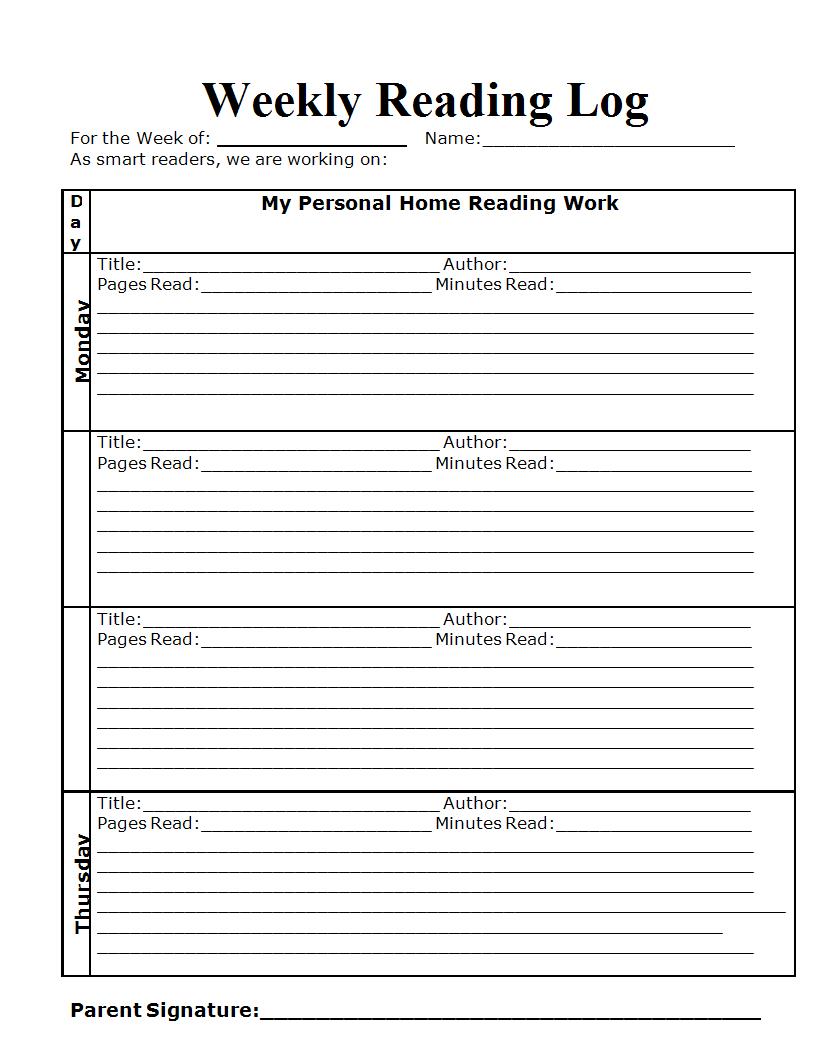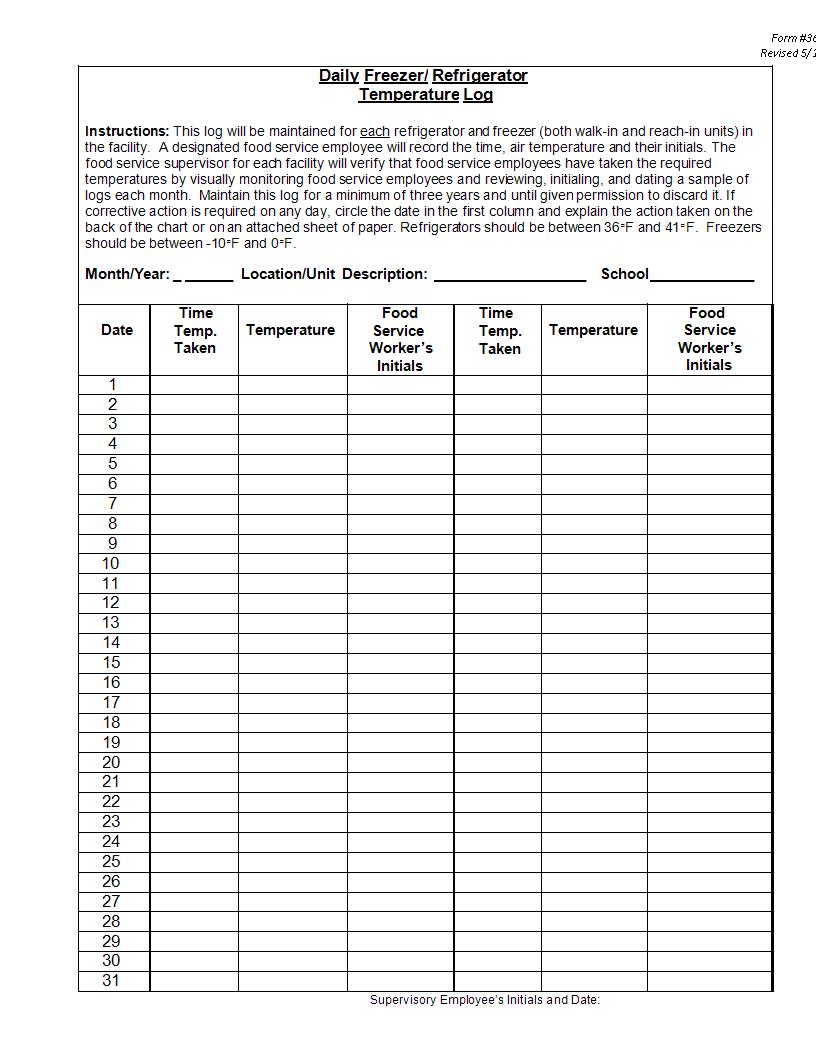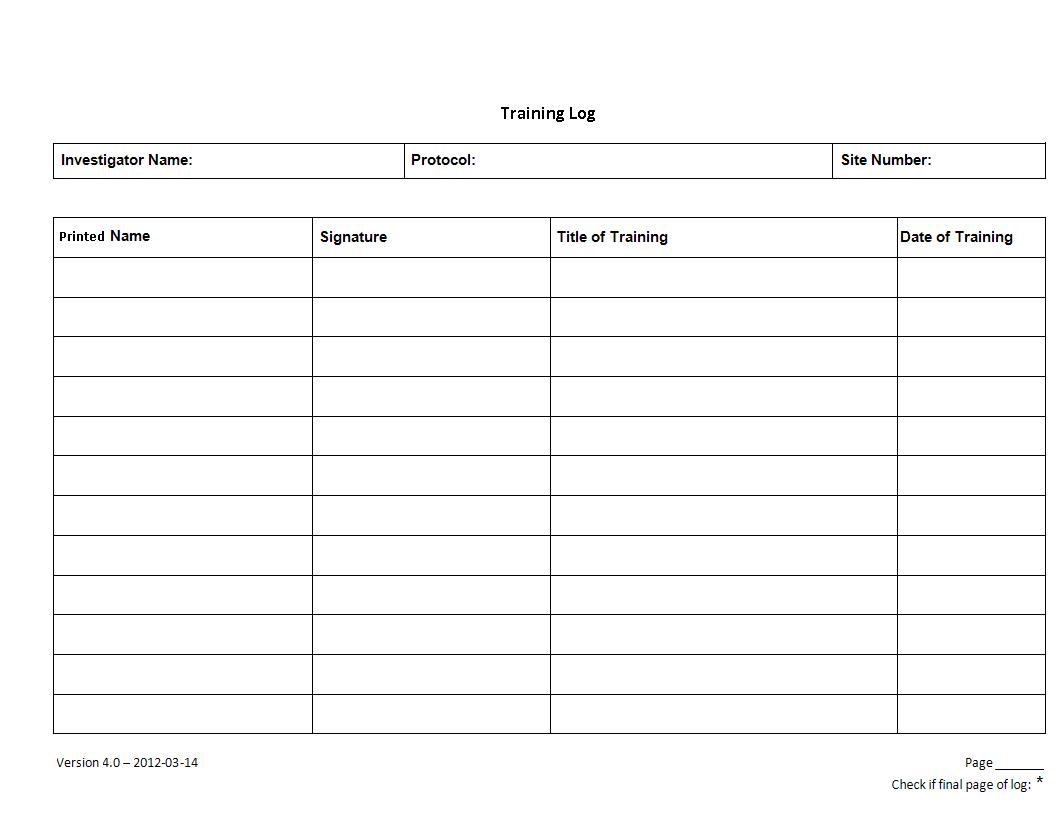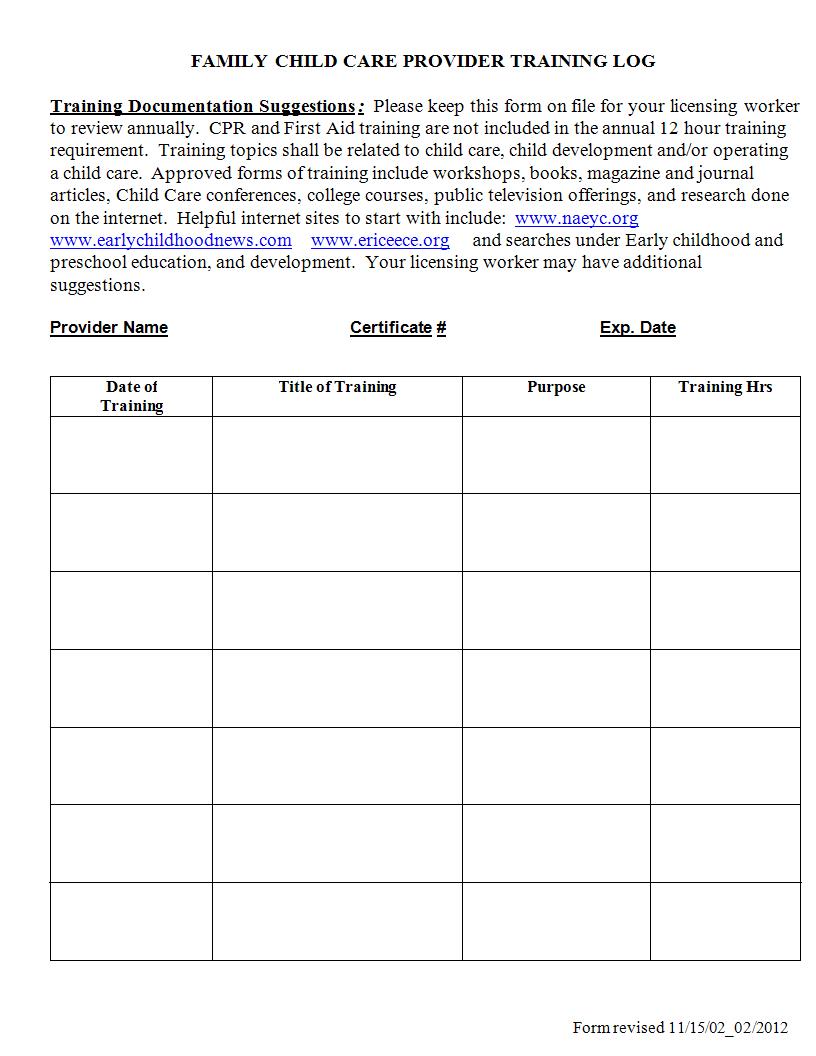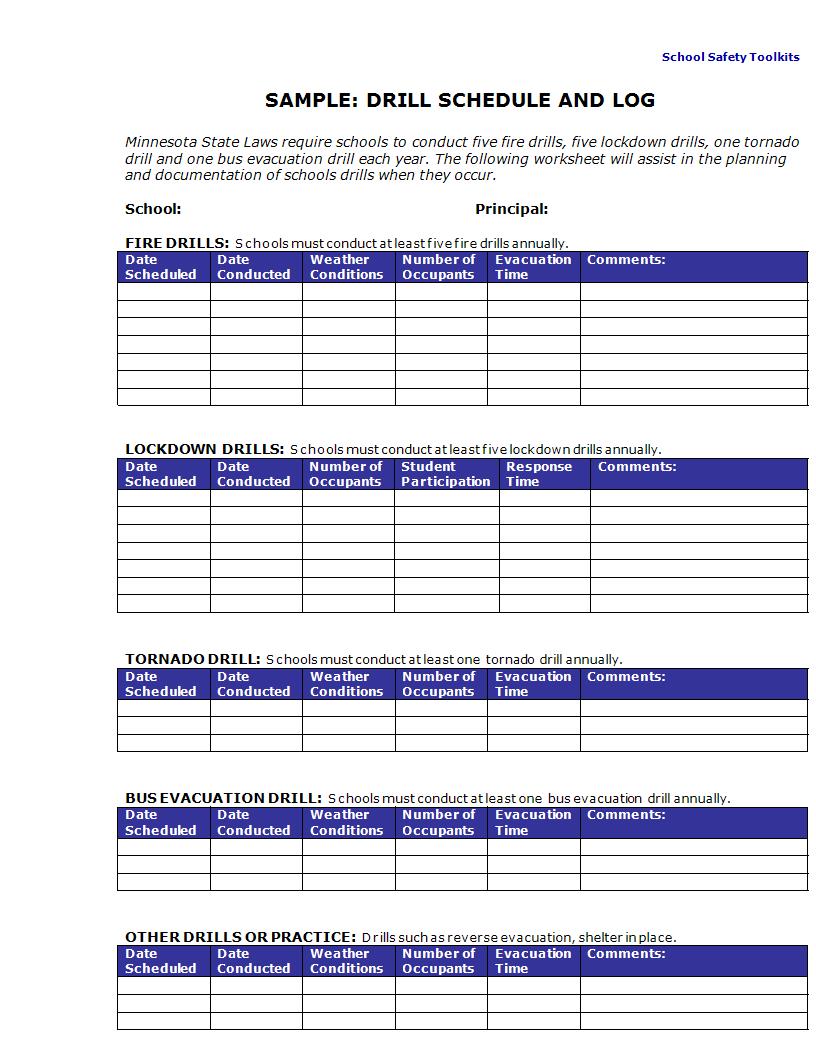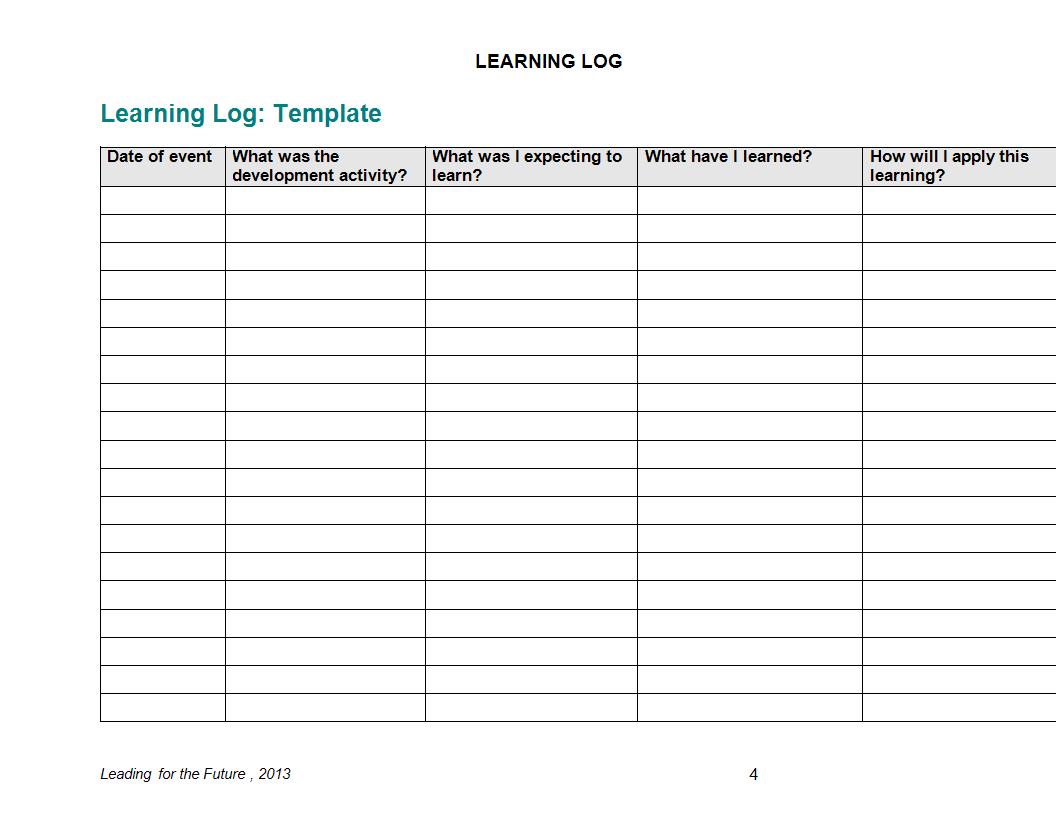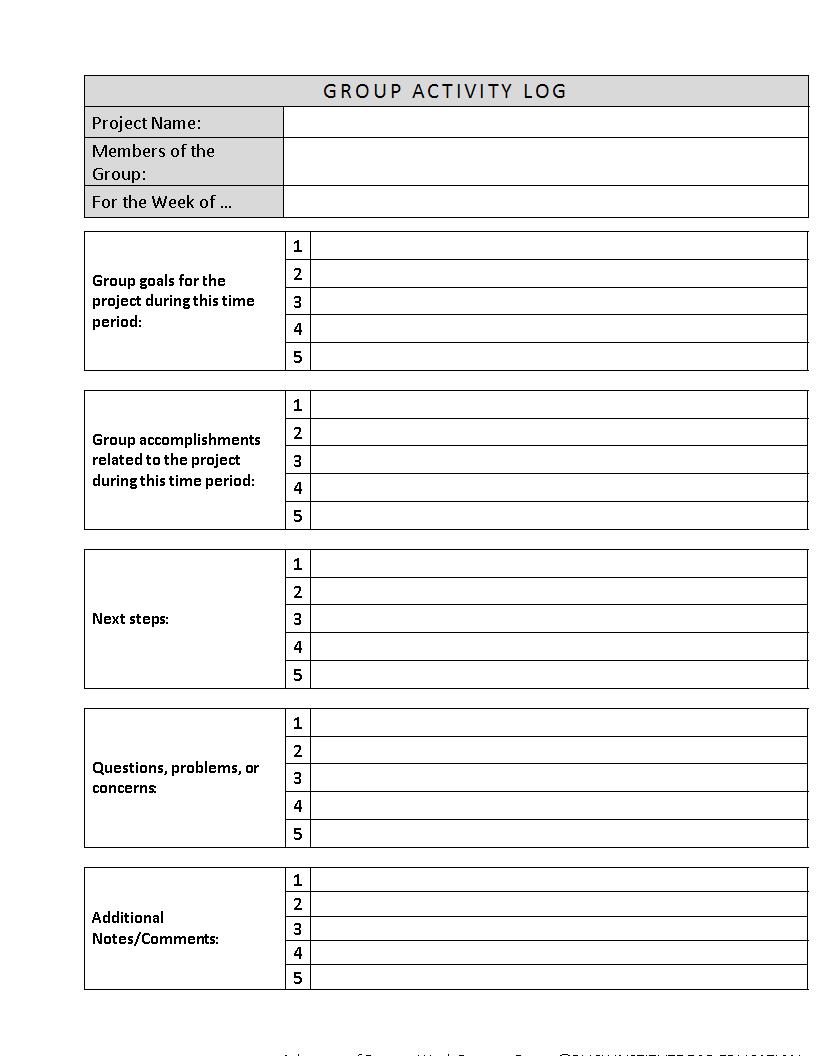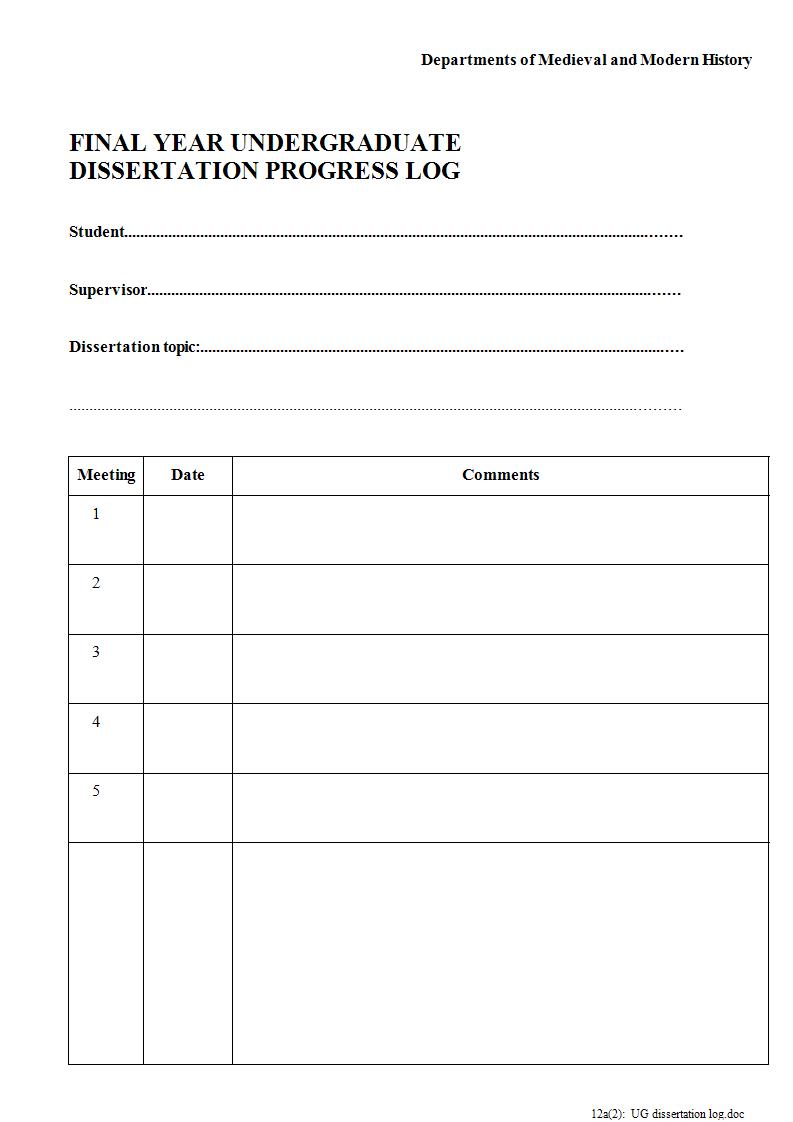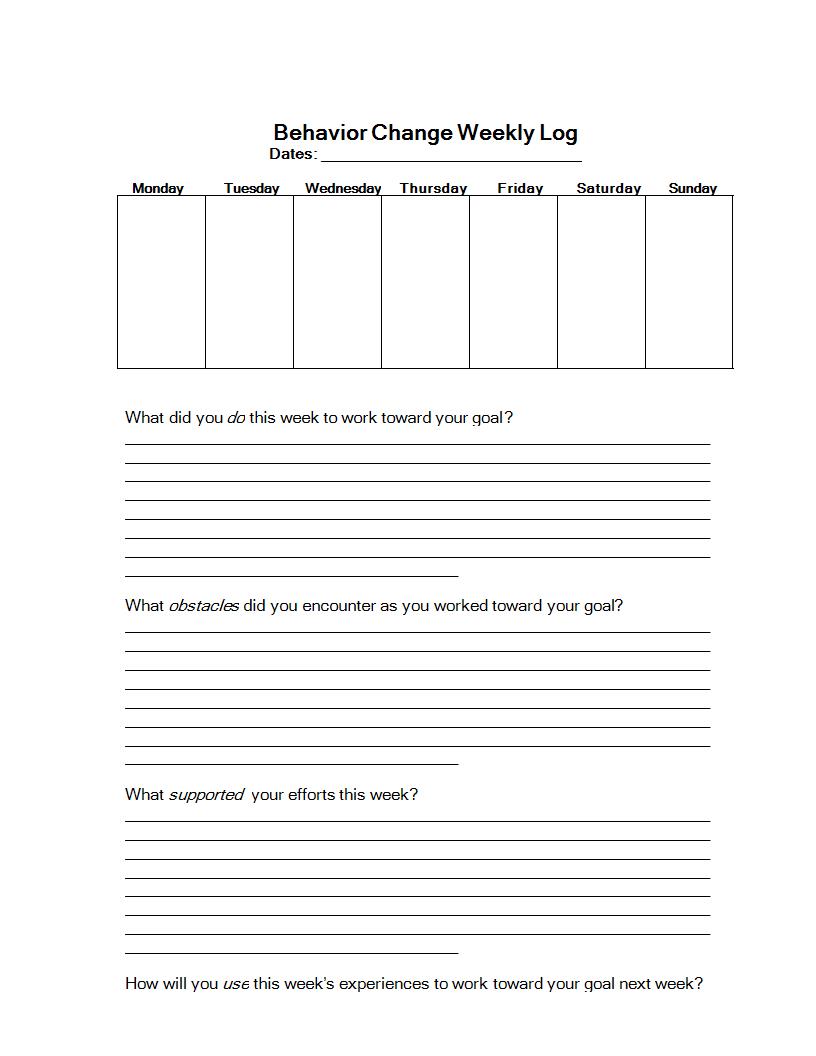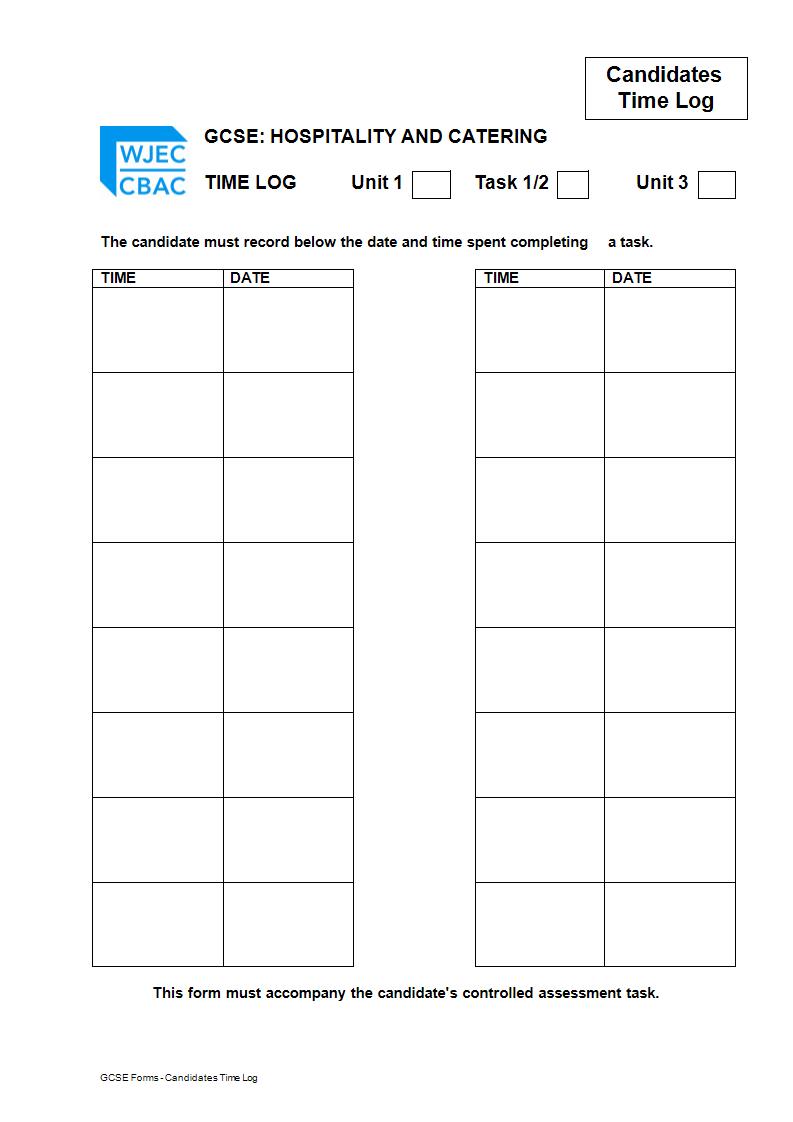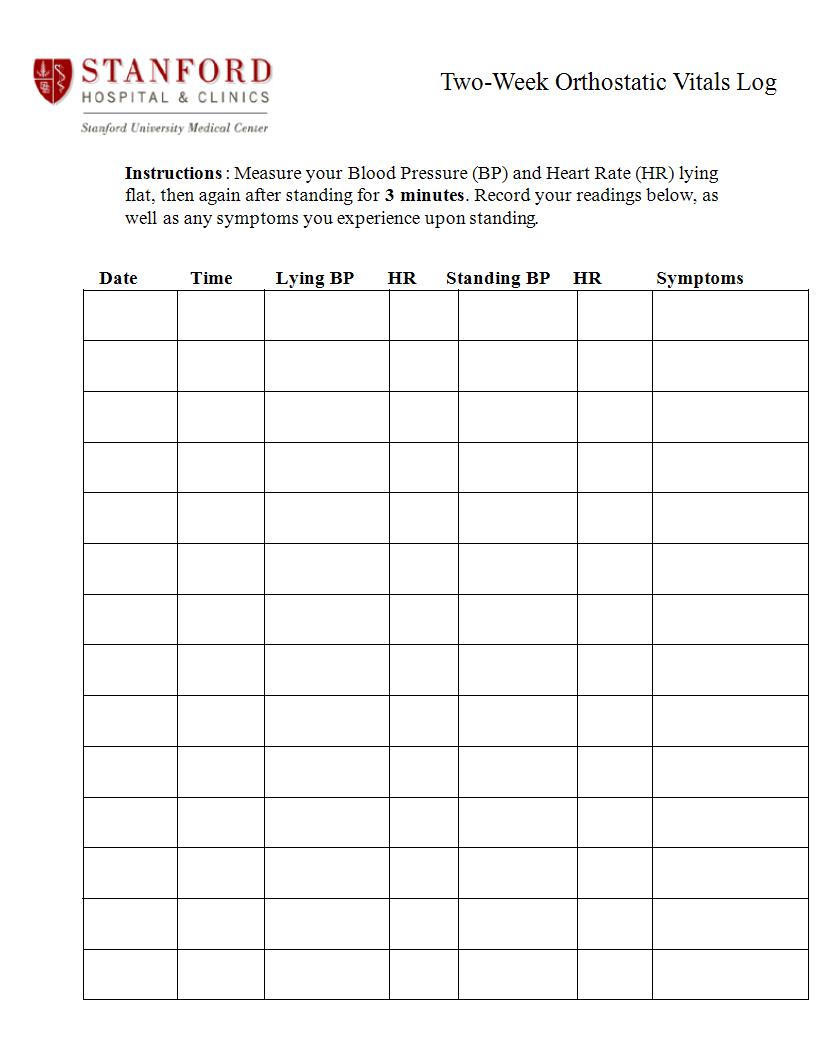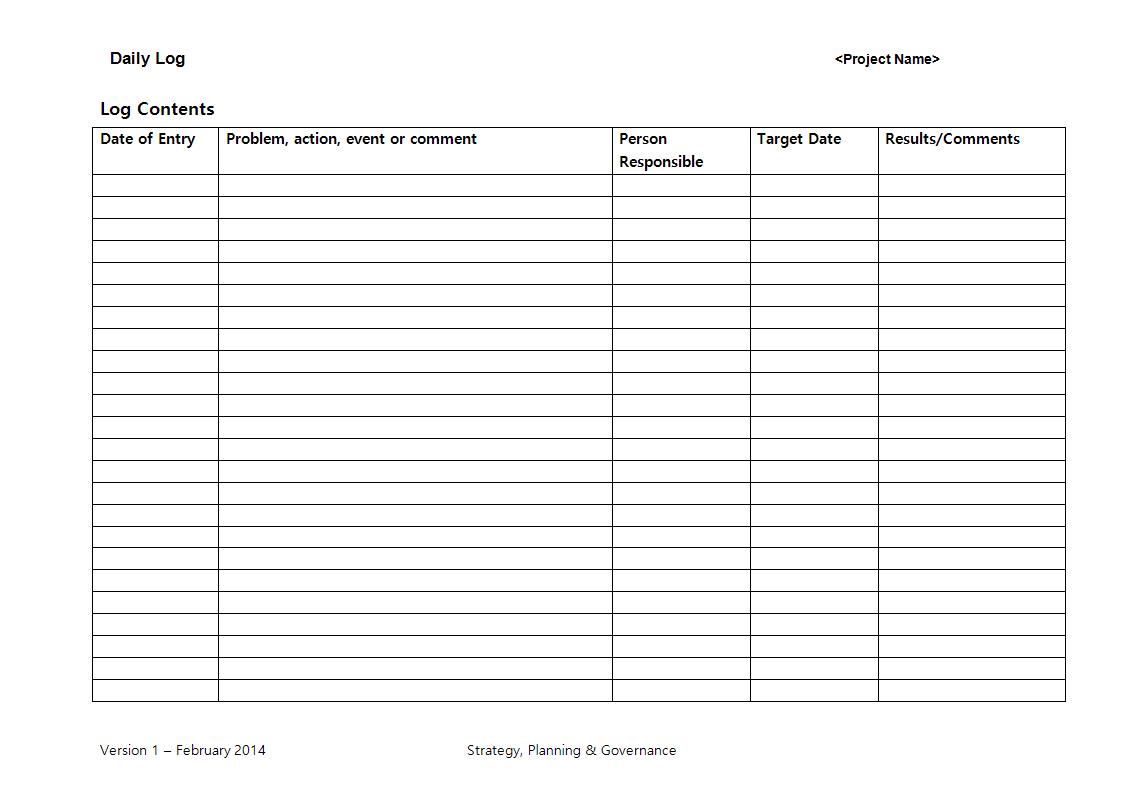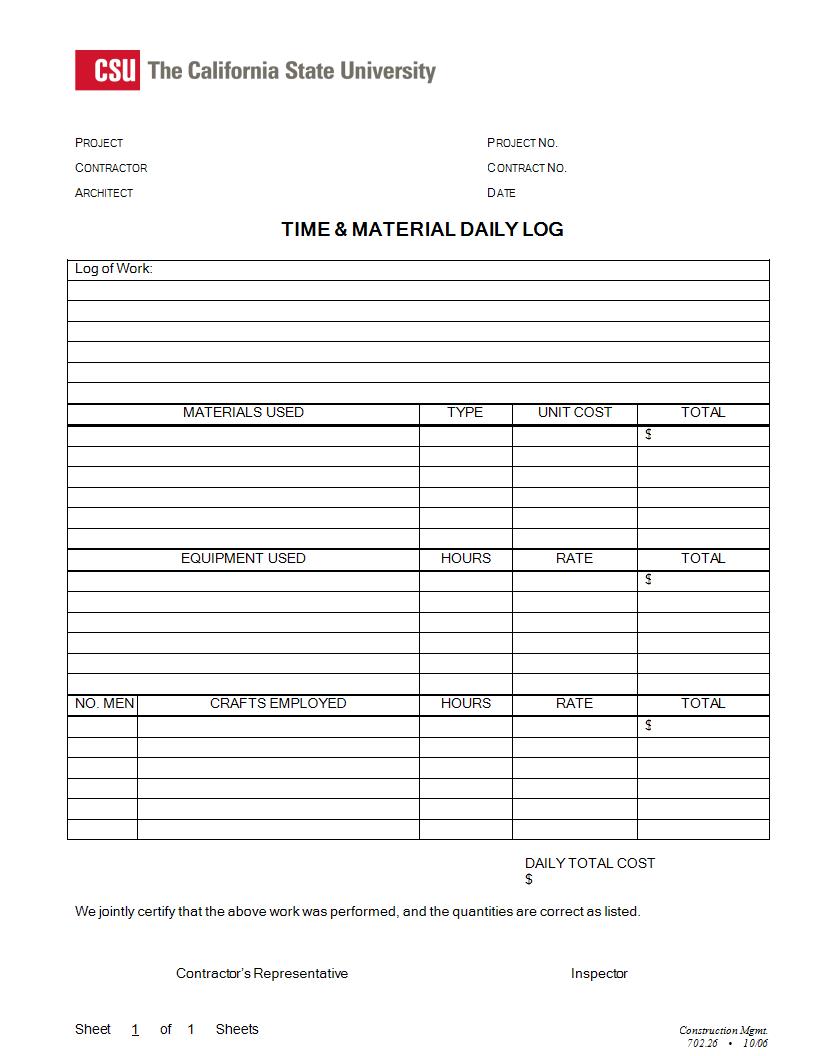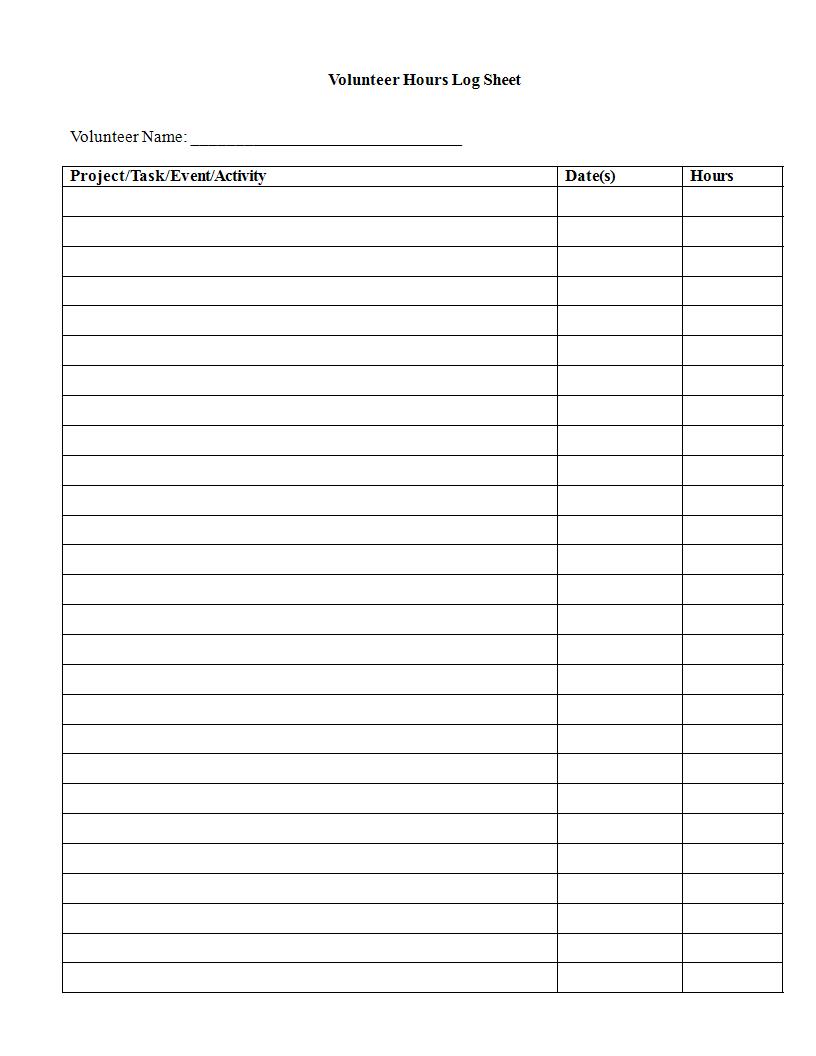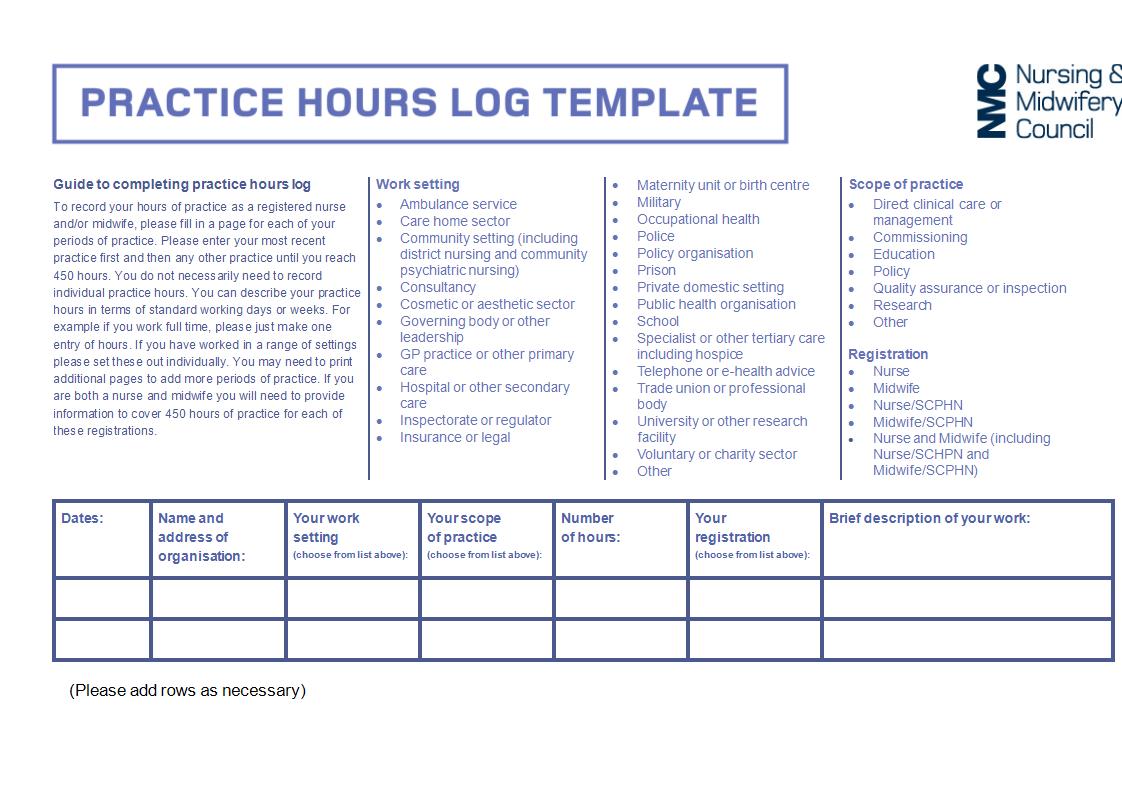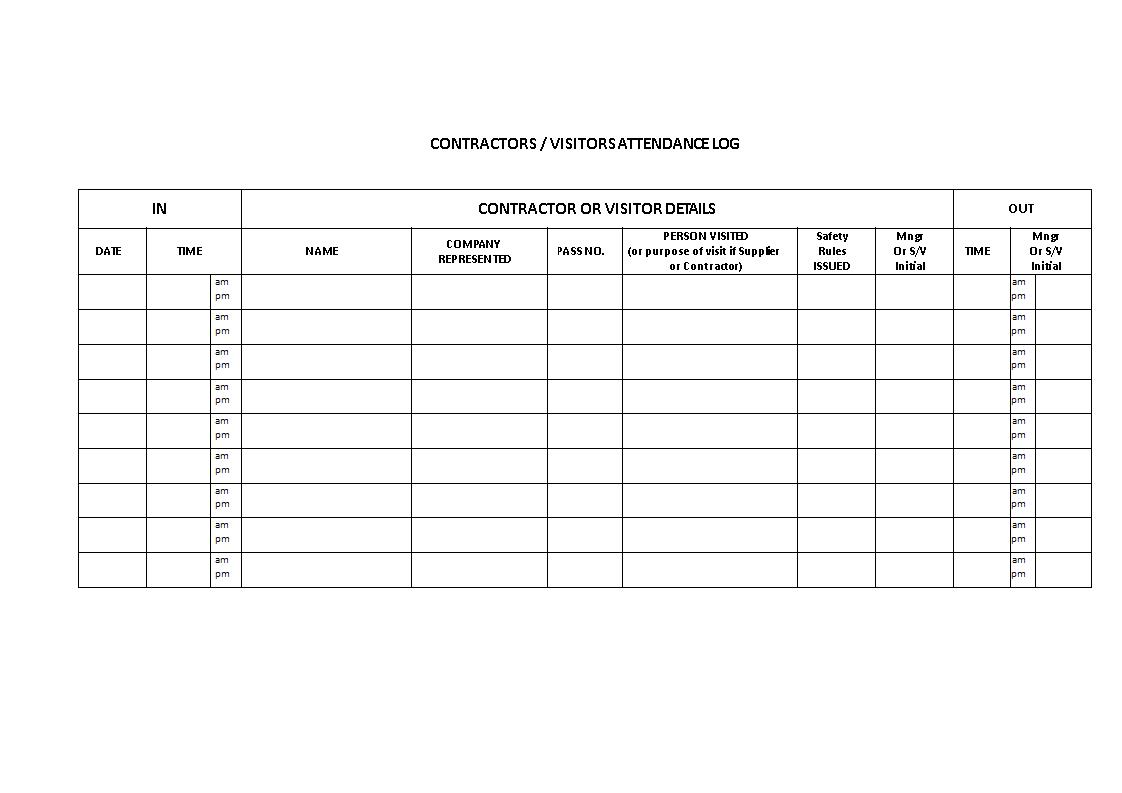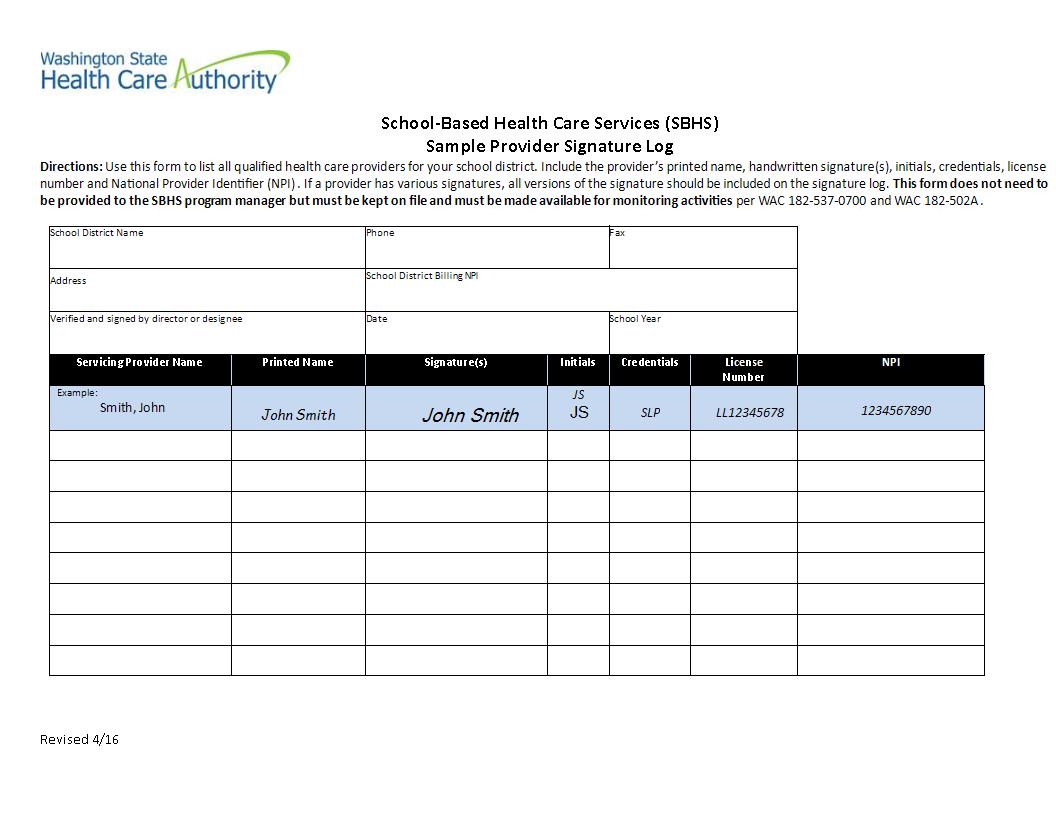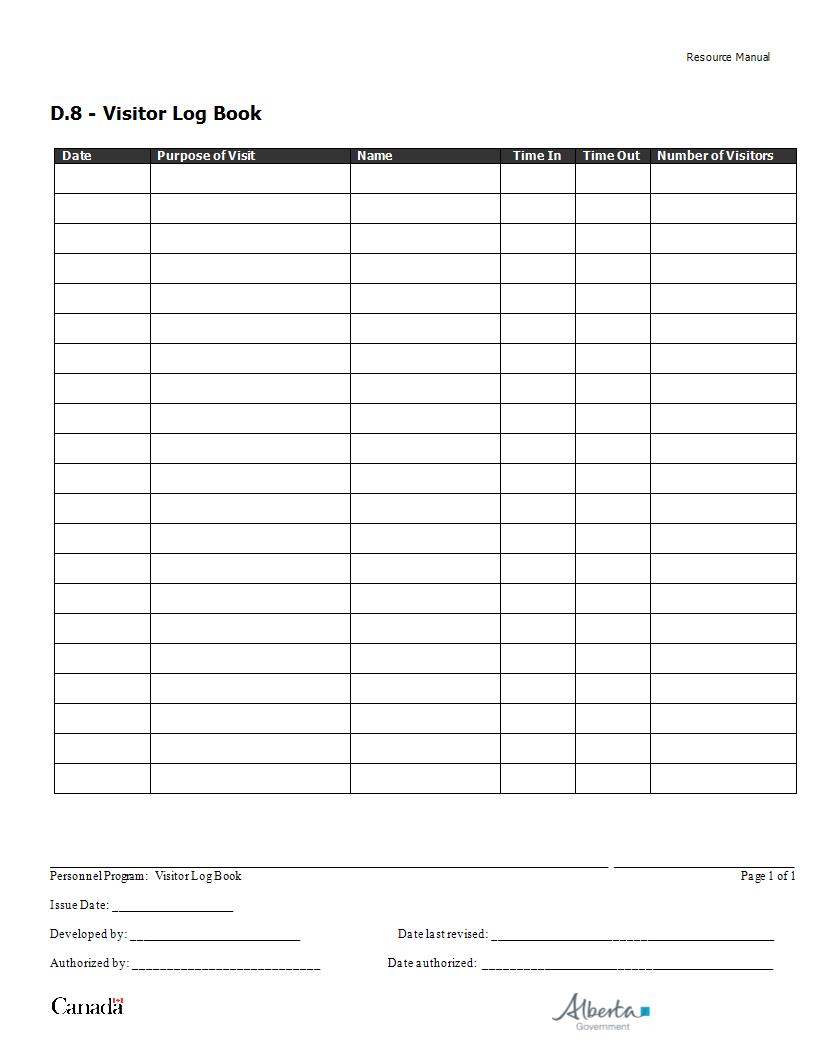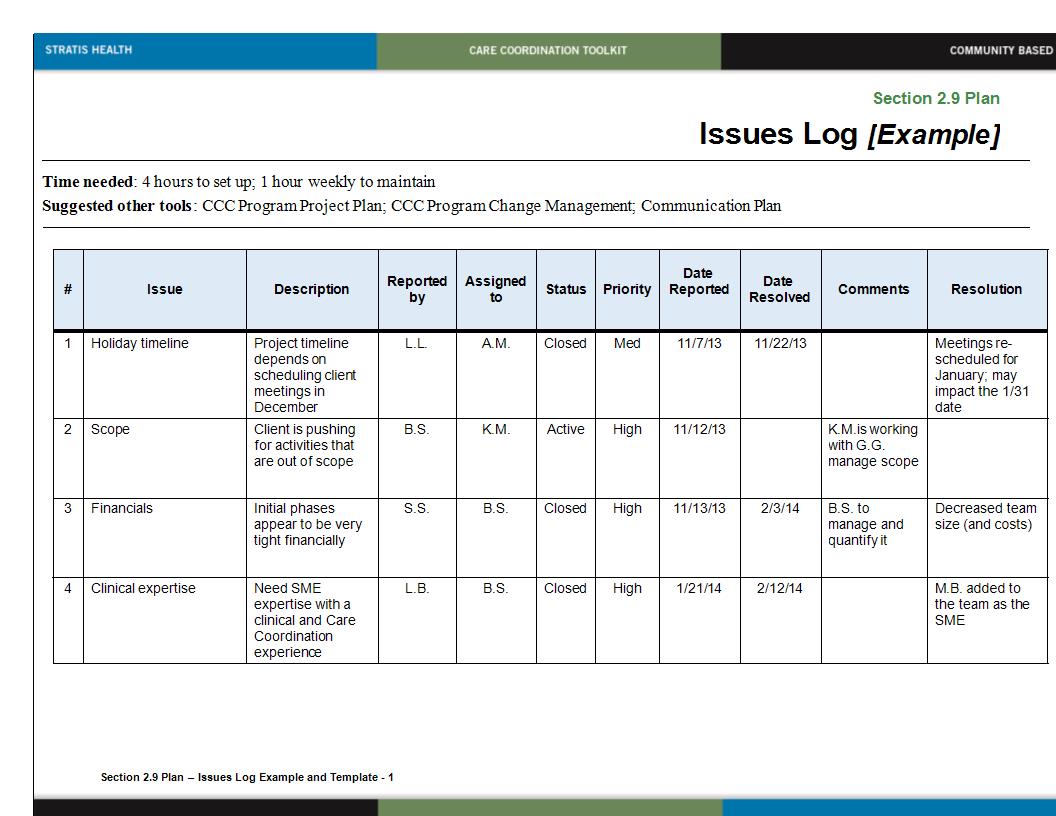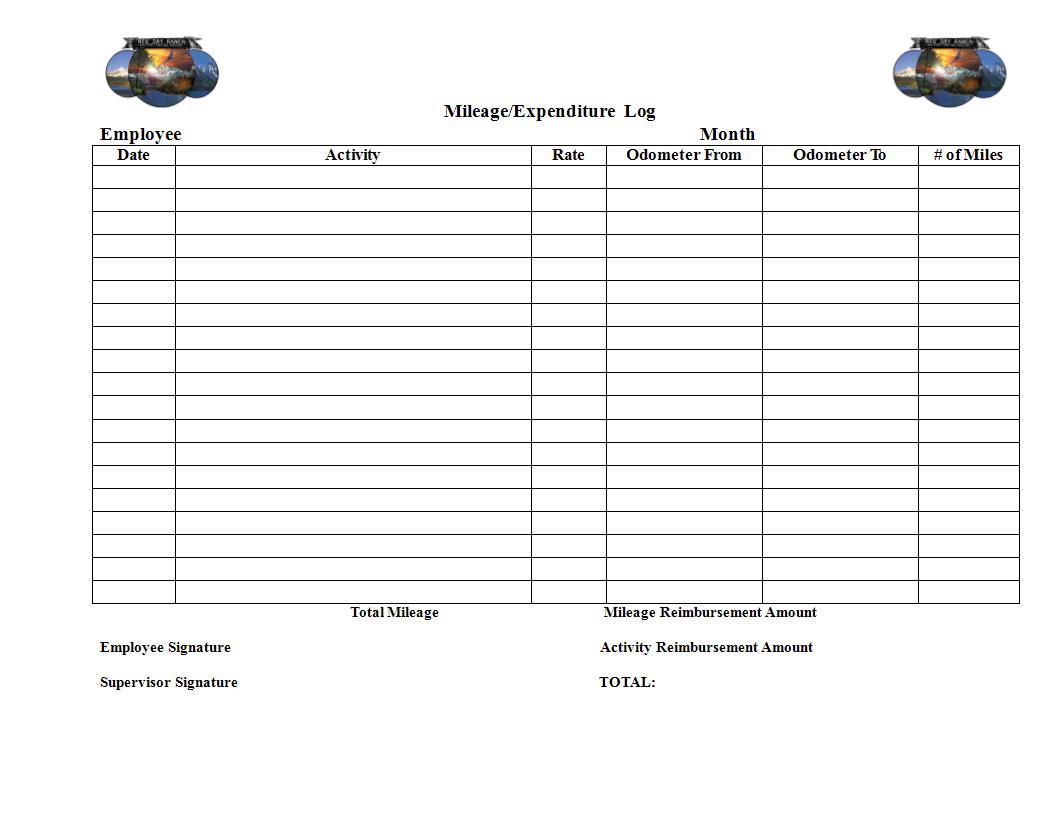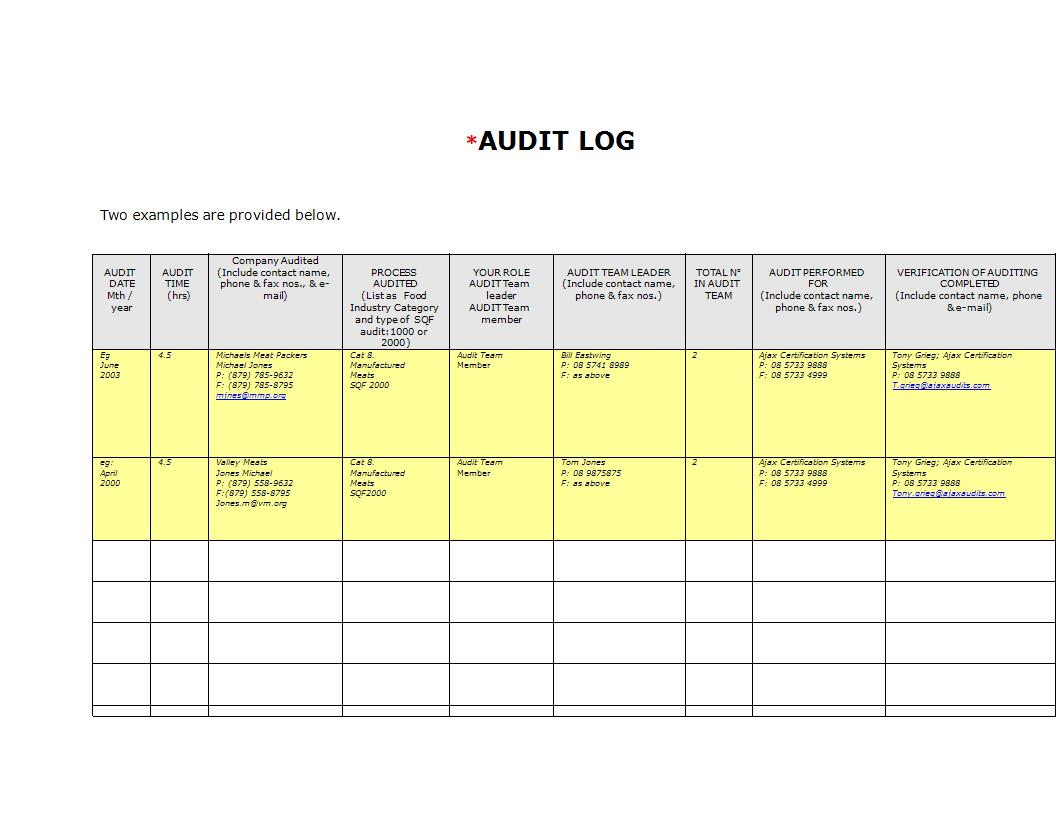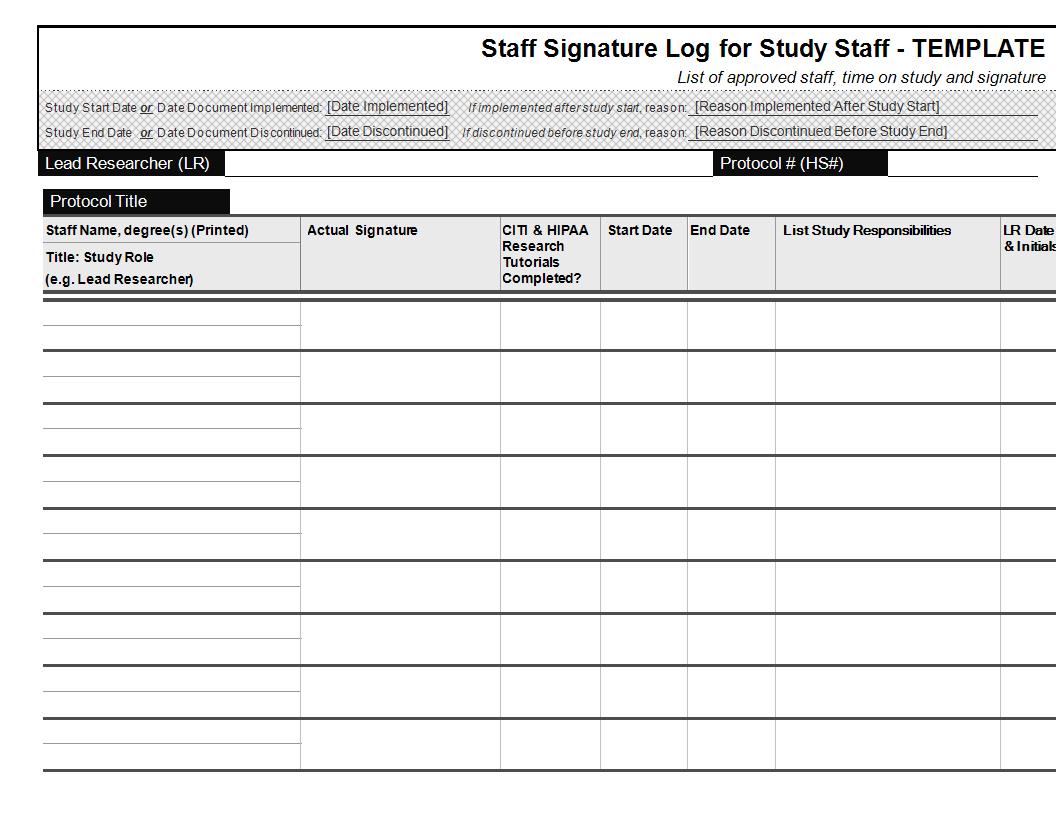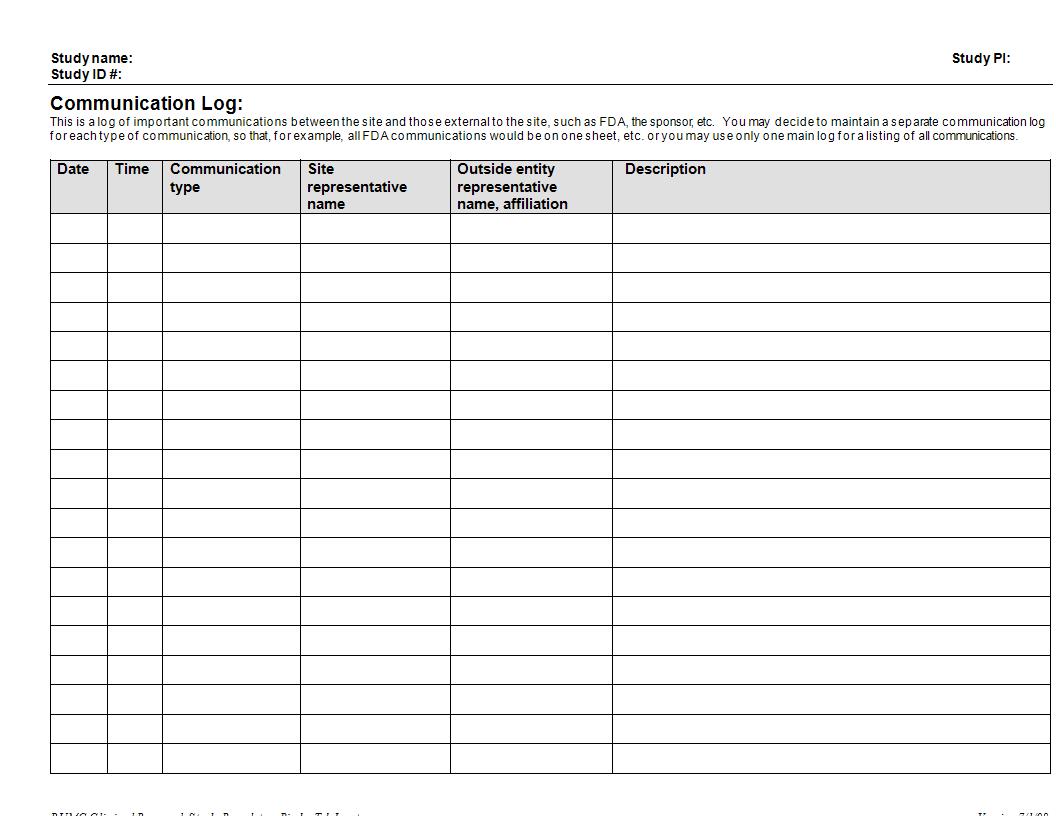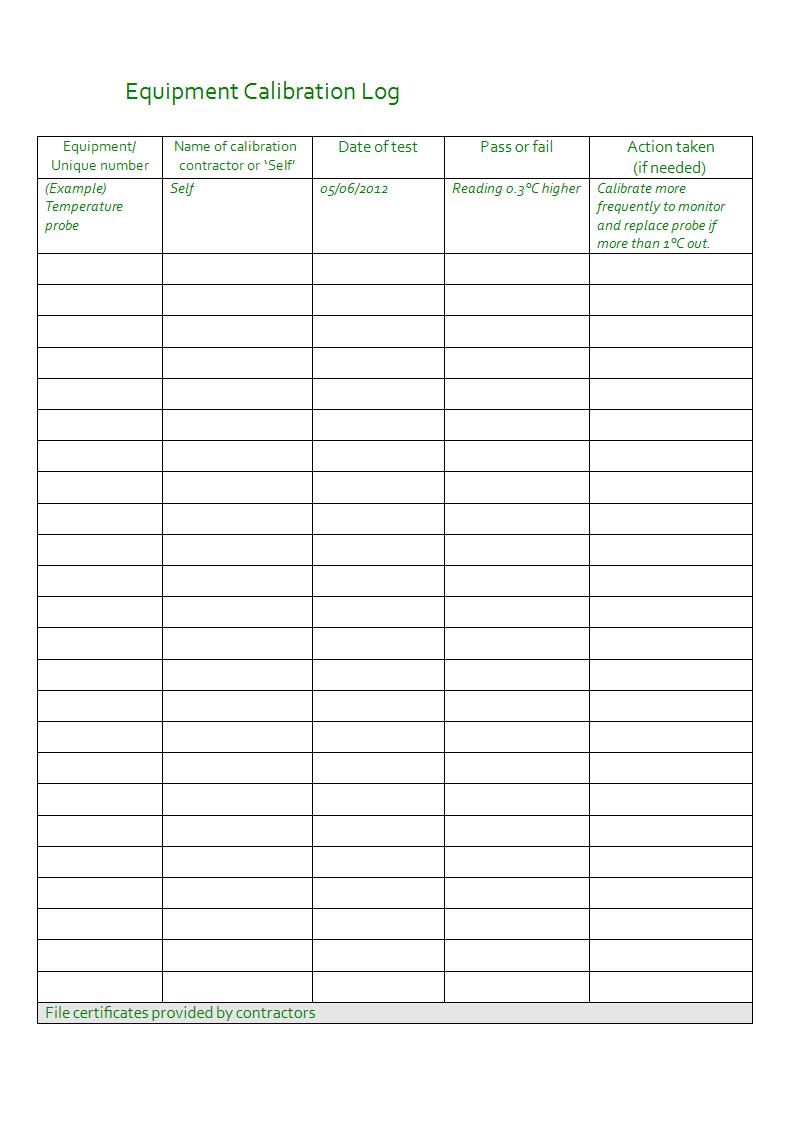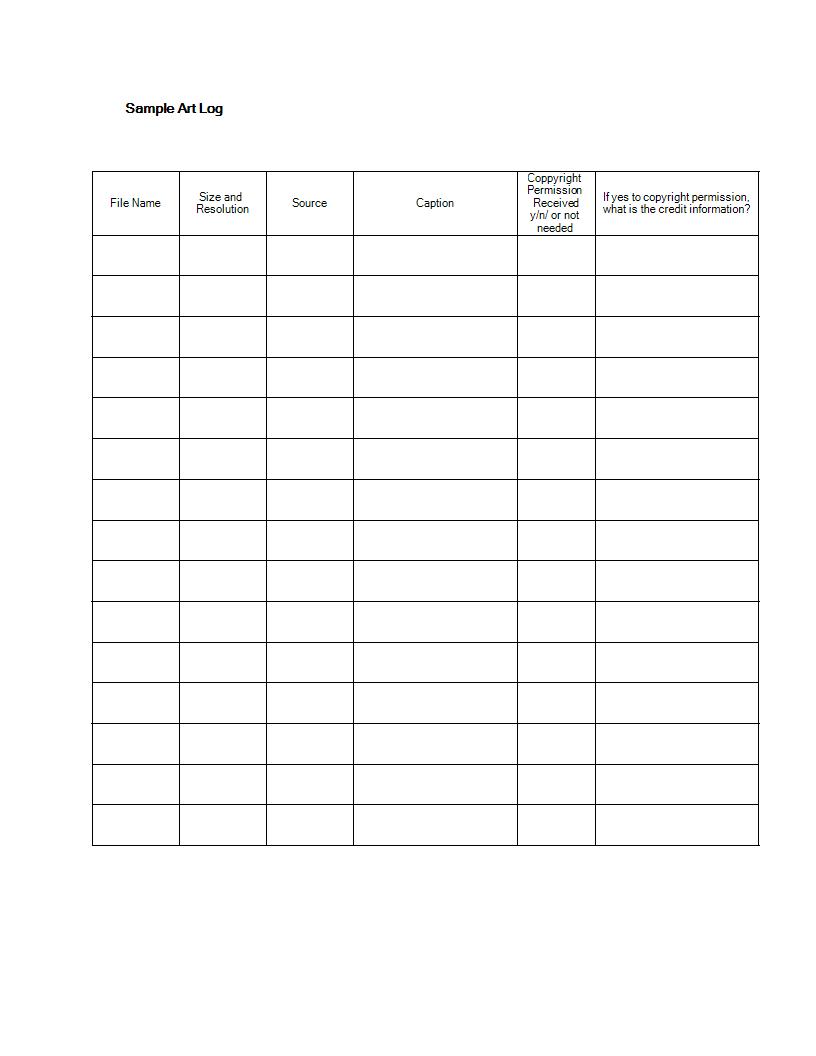30+ Log Examples to Download
As you continue to work on your tasks at hand or continue to work on improving yourself, you have to be conscious of the things you have been doing in order to effectively measure how far you have gone. Regardless of the purpose of what you are doing, be it for accomplishing personal or professional goals, you need to be reminded of the things you have done and things you still need to do. That’s why some people make lists, records, diaries, or logs so that they have something to refer to should they need such a reminder of their goals and objectives.
Work-wise, employees and even employers are encouraged to make logs so that they have the something to refer to when they want to check on the progress on a current project, review the details of the tasks that have been completed, and so on. It is an effective way of recording important and significant actions that have been carried out in order to accomplish a certain goal. Through keeping a log, individuals who have a work in progress can easily check and verify if he/she has actually done something or that if still needs to be done.
However, keeping a log is not only limited to doing corporate or programming tasks, it can also be a good way to record progress when it comes to a change in lifestyle or progress in body/muscle toning or gaining, recording vehicle mileage, recording and tracking attendance, and so on. A log is also a common legal document found in sea vessels. It is where a ship’s navigation record is kept as well as the fixes are made, courses steered, weather forecasts, wind speed and direction, periodic readings of the ship’s heading and speed and it’s barometer.
A log can both be manual and digital, meaning people who use a log can decide whether to keep the log on paper or electronically. As you may have read, a log is an overall effective way of recording significant data and can also be used to effectively track progress that can help individuals achieve their goals and objectives. Regardless of the method or medium used to keep a log, when used or done properly it can help keep people updated on their progresses and knowledgeable of things/tasks that still needs to be done.

Why Keep a Work Log?
They say that planning what you should do is the most important part of performing your tasks, but recording what you have done is as important as planning. Recording what you did during working on a task will help you review your steps if something goes wrong and can serve as a guide should a similar task needs to be accomplished in the future. Here are some compelling reasons why you should keep a work log:
1. Easily find the missing piece
Although you prioritize the bigger and more important tasks, you still need to attend to the least important tasks in order to fully accomplish your goals. Regardless of how well you have planned everything, there will always be some major or minor changes especially when last-minute requests come in. In that case, it can open the gap between what you should be working on and what you end up having to do. Through keeping a work log, you can easily see the missing piece that will fill the gap.
2. Efficiently determine where time was spent
As mentioned above, there are bound to be interruptions on what you have been doing. You can be tasked to do last-minute smaller tasks that need to be tended to immediately. If you don’t keep a record of those little yet time-consuming tasks, you might end up not being to account what you done half of the day. If you don’t want to spend your time wondering where and how the day went by without being able to finish the tasks your supposed to do, it is best to write the unexpected tasks down on your log so that you can account what you have actually done during the day.
3. Appropriately leave enough margin
If you notice that you have spent quite the amount of time doing things listed as unexpected, you can start to plan for it. If you do this, you can prevent further delay of other tasks you need to finish and can help you avoid major sanctions. And since they are commonly unexpected, you should give yourself enough margin that comes with the unexpectedness of the tasks that you have been doing. That way you can also know what you have to work on next so you don’t spend a lot of time not doing anything. The work log will help you focus on the expected or unexpected important tasks.
Petty Cash Log Example
Weekly Reading Log Example
Food Log Template Example
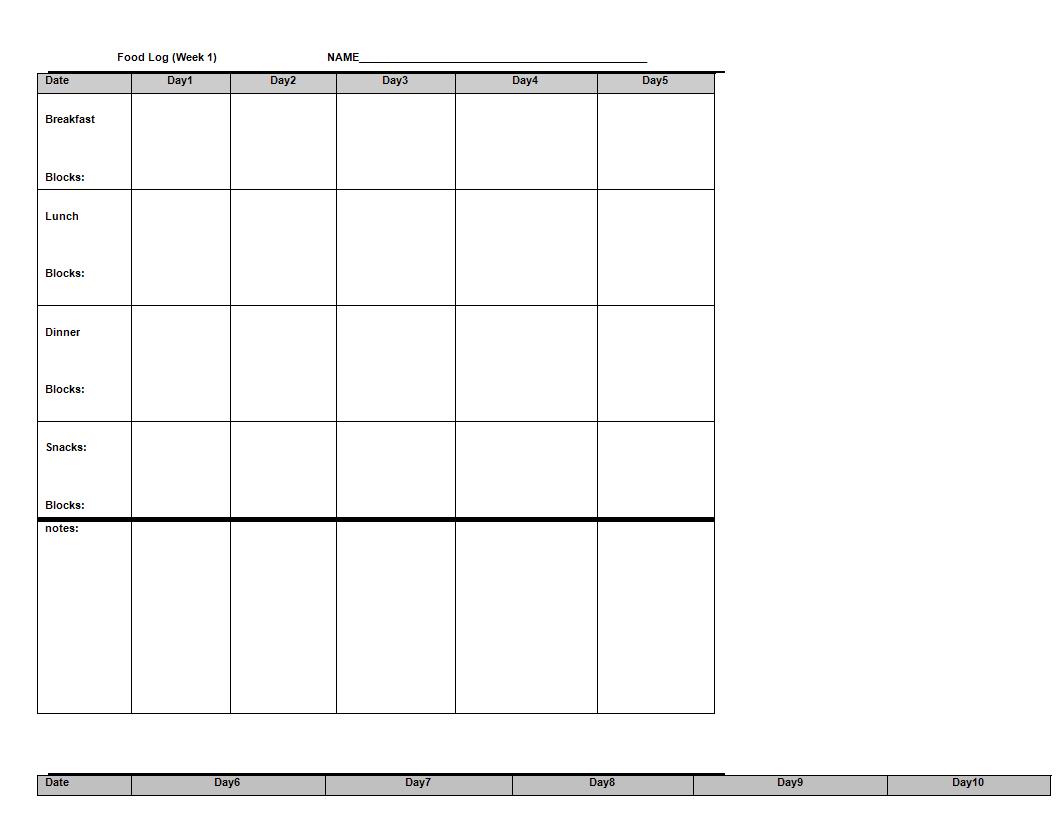
Daily Freezer/Refrigerator Temperature Log Example
Training Log Example
Home Child Care Provider Training Log Example
4. Help improve estimation skills
If your estimation skills are not on point, a work log will help you improve said skill. If you don’t usually know how long a certain task needs in order to successfully finish it, a work log will help you estimate the amount of time similar tasks need. If you keep an accurate record of your tasks, you can refer to it when faced with a similar task. The better you are with estimating time needed to finish a task, the better your plans will be regardless if you are planning for a project or just planning your day.
5. Figure out when you are or aren’t done
Once you close the log at the end of the day, you can see the progress you are making with your tasks at hand. By checking off or crashing out the tasks you have successfully done during the day will give an accurate representation of your current progress. That way you can also start thinking and planning ahead what you need to do for tomorrow. However, if you have unfinished business for the current day, just add them to the list for the tasks you need to do for tomorrow. Through this you can easily see which tasks you can actually say goodbye to and the tasks that still needs work.
6. Make annual performance reviewing more efficient
It is common practice for companies to let their employees undergo an annual performance review where employees put into paper what they have done for the whole year. With the work log you have kept, annual performance reviews will be easy for especially if you have been diligently and accurately writing your activities during your work day. You can easily consolidate your daily logs into weekly log and weekly logs into monthly logs. This way you can see the highlights for your weeks and months in the office. It may even surprise you what you have accomplished throughout the year.
Drill Schedule and Log Example
Learning Log Example
Group Activity Log Example
Undergraduate Dissertation Progress Log Example
Behavior Change Weekly Log Example
Candidates Time Log Example
How Logging Leads to Higher Effectiveness
As you may have learned, keeping a log when you have certain goals to accomplish, either for personal or professional use, can greatly affect your determination, organization, and overall productivity. It can help you record even the smallest detail or actions you took in order to complete a certain stage of the process. And since you have a record on what you have already done, you can track and refer to it so that you know the time it took to finish it and anything that came up in the process.
Being able to look at those data reflected on the log will give you an idea on how to approach the project as well as give you something to base your next decisions regarding the actions you should do. Aside from that, you will be able to have a rough or even an exact estimate on how will it take you to finish the next action you do. Your log will also help you set enough margin or time so that you don’t get up when emergency or unprecedented things happen that may require you to veer off your intended schedule.
Aside from all of that, by keeping a log you will be able to see the things that you may miss that are project or action related. Since your log will consist of the things you did, you will be able to see the things you didn’t do. In that case, you can then continue to work on those things that are necessary to fill in the blanks. Keeping a log can be an eye-opening experience because you get to see and account the things and actions you need to do so that you can actually say you have completed your task. In addition, keeping a log that accounts your actions and steps you have done to complete the process can help boost your effectiveness and help inspire you to do all the necessary steps on time.
Although you may think that a log is not really the necessary for personal projects, it can still help you understand what steps you should do next or what you have done wrong should the project become unsuccessful. But most importantly, be it for a personal project or a work-related task, a log will help you form realistic outlooks regarding the time a project will take in order to be completed and it can not only help your effectiveness; it is also an invaluable and one of the best ways to produce the intended results.
Two-Week Orthostatic Vitals Log Example
Project Daily Log Example
Time and Material Daily Log Example
Volunteer Hours Log Sheet
Practice Hours Log Example
Contractors/Visitors Attendance Log Example
Reasons to Keeping a Workout Log
When you finally decide to live a healthier lifestyle, it not only entails that you eat healthy but also to incorporate a couple of exercises or workouts on your daily life. In doing so, you need to be able to track your progress so that by the end on the week or month you can measure the changes resulting from your healthy eating habits as well as your workouts. Here are some of the reasons why keeping a workout log is essential and useful:
1. It keeps you honest
As you start your journey to a healthier lifestyle, it can be difficult and hard to keep up with. The change you experience, be it gradual or sudden, can sometimes overwhelm and may be even discourage you to continue on. By keeping a workout log, you can see the progress you have made for the short of period of time that you have actually turned the switch. Aside from that, your workout log will help you eliminate the mental struggle of what routines to do and for how many times every time you go to the gym. Setting up the things you need to do while in the gym ahead of time will not only mentally prepare you but can also inspire you to actually push through each routine.
2. Helps you set better goals
Once you decide to do a lifestyle change, you can get excited and you immediately start planning on what you should do an setting the goals you need to achieve. However, as you get more and more excited, you may end up setting unrealistic goals. Making goals that help push you to your limits are great and inspiring, but setting goals that are ultimately unrealistic will lead you to fall short and can only discourage and demoralize you in the process. By keeping a log, you can have a clear picture and feedback on how quickly or slowly you progress at the gym. And through this you can start setting more realistic and achievable goals that can boost your confidence.
3. Serves as an inspiration
Your workout log will give you the opportunity to flip through and look over what work you have done. Being able to immediately see your progress is the most rewarding aspect of keeping a workout log. As you flip through your log, you will be able to see the results of your exercise routines, when and where you ran longer and faster, when you were able to consecutively workout for a long period of time and so on. The feats and little milestones you reach will fill you with a sense of pride and will be your constant reminder that you can actually do things you set your mind into. More importantly, it will inspire you to keep pushing through despite of the difficulties.
Time and Material Daily Log Example
Volunteer Hours Log Sheet
Practice Hours Log Example
Phone Call Log Example
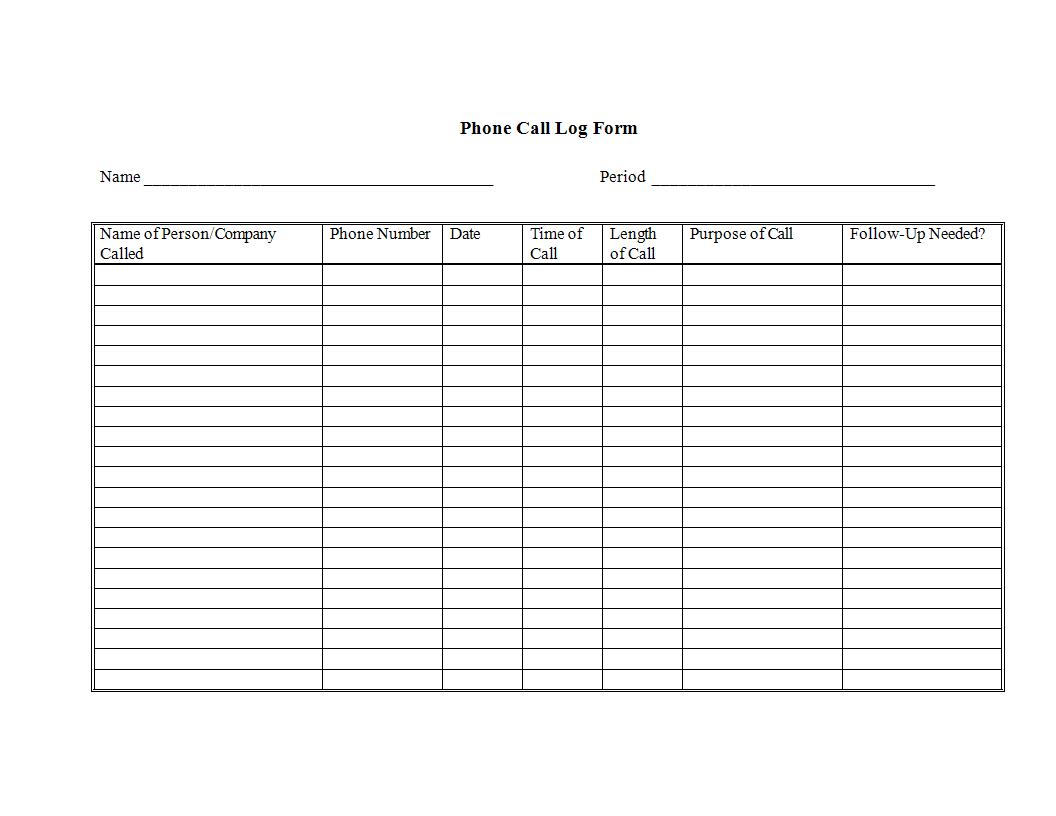
4. You can determine the patterns
Sticking to your lifestyle change will inevitably be hard, but if you have the tools to find the patterns when you work harder and when you would be less likely be motivated to go to the gym can help you correct and realign yourself with the goals you have set. Keeping a workout log will help you note your workouts, your diet, rest and stress levels will let you have a better glimpse of the patterns affecting your productivity. It will let you determine what caused the boost or decrease in energy for working out; sometimes reasons can be apparent, it can be a good or bad night’s sleep, poor nutrition, and so on. Having these data withing arm’s reach will allow you to establish a pattern that so that you can maximize you good days and minimize the bad ones. One way to look at your workout log is as an immediate ultimate feedback loop for your workouts.
5. Makes you want to exercise harder
It’s normal for people to have good, better, bad, and worse days. As a way of motivating yourself to work even harder, you should keep a detailed workout log. If the thought of having to write a bad workout day on your log is haunting to you, you’re on the right track; it can actually help boost your determination and push you to have a good day at the gym. Of course there will be times when you will feel like you lost your motivation and focus to go to the gym and have a productive day, but the thought of staining your consistent good record will actually help you keep pushing.
6. Makes you plan for your goals
You shouldn’t stop on making your goals, you should also device a plan on how you can easily and strategically achieve your goals. Aside from helping you set better goals, your workout log can also be the plan you follow so you can actually achieve them. Regardless of having short- or long-term goals, you will be able to track and measure all those goals within the pages of your workout log. Although your log does not need to be strict and include the calorie counts, it can still be a blueprint for all the goals you have set so far.
7. Gives an opportunity to vent
You log will give you the opportunity to track your fitness routines and at the same time write out how you felt during that day. You can include your mood, other factors that affected your workout, and really anything that you have been thinking of during the workouts. Your workout log will give you the chance to vent out your thoughts and ideas related to the day at the gym and also provides a judgement-free space for how you are feeling. Since you have written those down on your log, you can review and reevaluate how you reacted or how you managed to control and overcome your emotions, thoughts, etc.
Signature Log Example
Visitor Log Example
Issues Log Example
Mileage/Expenditure Log Template Example
Learning from an Activity Log
An activity log is basically a log containing all the activities you have done during a period of time. Simply put, it is a written record of how you spend your time. By keeping an updated and accurate activity log, you can have a detailed picture of how you spend and invest your time be it during your working hours or during your me-time.
In addition, it can also help you understand if you are doing your most important work during the right time of day or not. Once you start inputting data on your activity log, you can consolidate and start to analyze it. And once you have successfully analyzed the data, you can use these following actions to various activities to help boost your productivity:
- Eliminate or delegate – you can start to eliminate or delegate jobs or tasks that are not originally part of your role, or those that simply don’t help you meet your objectives. These jobs or tasks may be someone else’s supposed tasks or personal activities that take up too much time like sending non-work-related emails or scouring through the Internet for things that don’t relate to the tasks at hand.
- Schedule – you have to schedule your most challenging and most significant tasks for the times of day when your energy levels are highest. That way, you will be able to work on the tasks better and more efficiently with the assurance that your work will be of better quality.
- Minimize switching between tasks – you have to lessen the number of times you switch between the types of task you have to tackle. You have to focus and spend your energy on a single task to make sure you finish them on time and of good quality.
- Reduce spending a lot of time for personal activities – how many times do you really need to make drinks during an eight-hour duty? Although they are legitimate personal activities, they distract you from your task and take a part of the time you can have used productively on your task.
Audit Log Template Example
Signature Log for Study Staff Example
Communications Log Template Example
Equipment Calibration Log Example
Art Log Example
Conclusion
A log can be a useful tool to help you track, record, and review the time you have spent on a particular task/s. When done properly it can help you see the progress you have made so far and can help you spot the issues and gaps that needs to be filled. It can also help you plan ahead so that you can make sure that you accomplish the goals you have set for yourself. All in all, a log, when used properly and interpreted logically, can help you boost effectiveness and productivity. We hope that this guide has helped you understand the role a log can take on your personal or professional life, and we hope the samples given can be of use to you.


